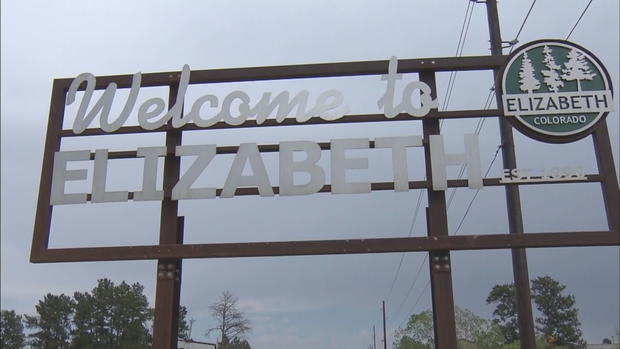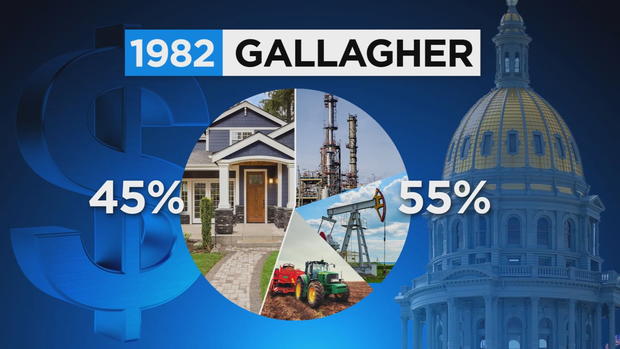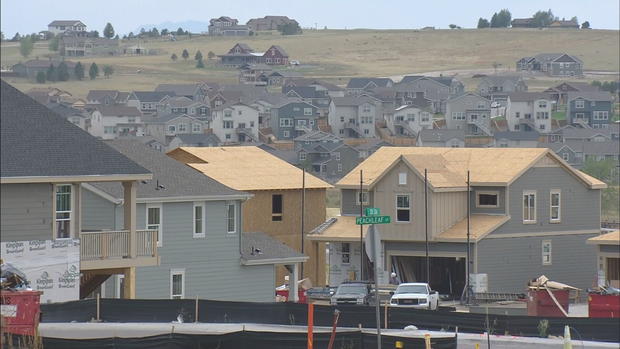Amendment B Will Impact More Than Property Tax Rates In Colorado
ELIZABETH, Colo. (CBS4)- Coloradans will soon decide the fate of 11 different statewide ballot measures and one of them will determine how much homeowners pay in property taxes. If Amendment B passes, property tax rates will be frozen. If the measure fails, homeowners are expected to see a decrease in property taxes next year.
Opponents say a tax increase in the middle of a recession is a bad idea. Supporters say it's a small price to pay to save many of the state's rural fire districts that are funded almost entirely by residential property taxes and would lose millions of dollars if the measure fails.
Over the last four years, Elizabeth Fire Protection District has grown considerably, but it's budget hasn't kept pace.
Elizabeth Fire Chief T.J. Stack says while population has increased 44%, since 2016, revenue has grown only 10% percent.
"We stood in 2018 to lose almost $450,000 out of our budget, which is about a 25% decrease in revenue," said Stack.
The paradox is the result of a constitutional measure called the Gallagher Amendment. It requires non-residential property taxes make up a larger share of overall revenue than residential. But, as home values have soared, residential rates have been slashed to maintain the ratio and, because of another constitutional amendment - The Taxpayer Bill of Rights or TABOR - the cuts have been permanent.
They've also been especially painful in rural areas like Elizabeth where commercial properties make up just 11% of the tax base.
"Which is forcing special districts like ours to spread the same amount of resources out over a larger population," said Stack.
And next year, the rate is expected to drop again - by 18% - which is why the legislature referred a measure to the ballot to repeal Gallagher. Amendment B would freeze rates at 7.2% for residential, 29% for non-residential.
"Right now, we have to stop the bleeding," says supporter Kent Thiry.
He says it's not just fire districts that are hurting. Businesses are too because Gallagher shifts the tax burden to commercial properties. Thiry says they pay four times more than residential taxpayers.
"We'll have more and more small businesses that aren't going to hire more people, they can't offer a raise, they can't afford to give health care benefits," said Thiry.
Opponent Michael Fields says, "Pointing out problems with the current system doesn't mean this is the right solution."
Fields says Amendment B means businesses will continue to pay too much and homeowners will pay more than they would have otherwise, "I just think about what this means for seniors on fixed incomes or Social Security, teachers who don't get paid enough already, any increase to rent or home prices."
Voters in Elizabeth already froze their rates.
Stack says other fire districts are in trouble, "To the opponents if this isn't it then let's find a way to fix it together."
Opponents say Gallagher should be fixed on a regional basis.
If Amendment B fails and residential rates drop next year as expected, it will mean a loss of more than a half million dollars for some small fire districts. The loss in revenue also impacts local funding for police and schools. While the state is required to backfill some of the loss to schools, that also means less money for things like transportation and higher education.






